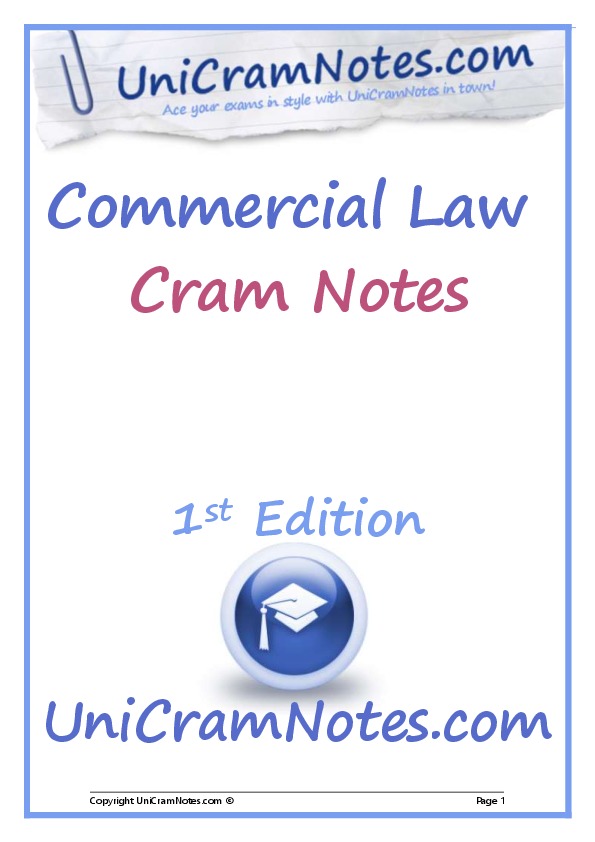Section 19(1) provides that where the buyer expressly or impliedly makes known to the seller the particular purpose for which the goods are required, such that the buyer makes known their reliance on the seller’s skill or judgment, there is an implied condition that the goods will be reasonably fit for that purpose. The goods must also be of a description which it is in the course of the seller’s business to supply. There is also the proviso that the section does not apply where the buyer requests for a specific good using its patent or other trade name. i. WAS THE PURPOSE SUFFICIENTLY PARTICULAR AND MADE KNOWN? The buyer must state the purpose for which the goods will be used with sufficient particularity, and ensure that this is made known to the seller. The seller will not be responsible where the buyer was not sufficiently particular as to what use the goods were to be put towards. It is also not the seller’s duty to request the buyer for the purpose of the goods. Henry Kendall – A particular purpose only means a given purpose, known or communicated. It need not be a narrow or closely particularised purpose. o It may even be a general purpose. o However, it must be particular enough to show to the seller the extent and manner in which his/her skill and judgment is relied on by the buyer. – If a purpose is stated so widely as to cover different qualities of goods, it may still be a sufficiently particular purpose.
The most concise and updated Commercial Law Study Notes for Australian Law Students.
Does not include Model Exams and Model Exam Answers.
(Click here to purchase the Notes & Model Exam Answers)
Approximately 16843 words over 33 pages. Prepared in 2025.










